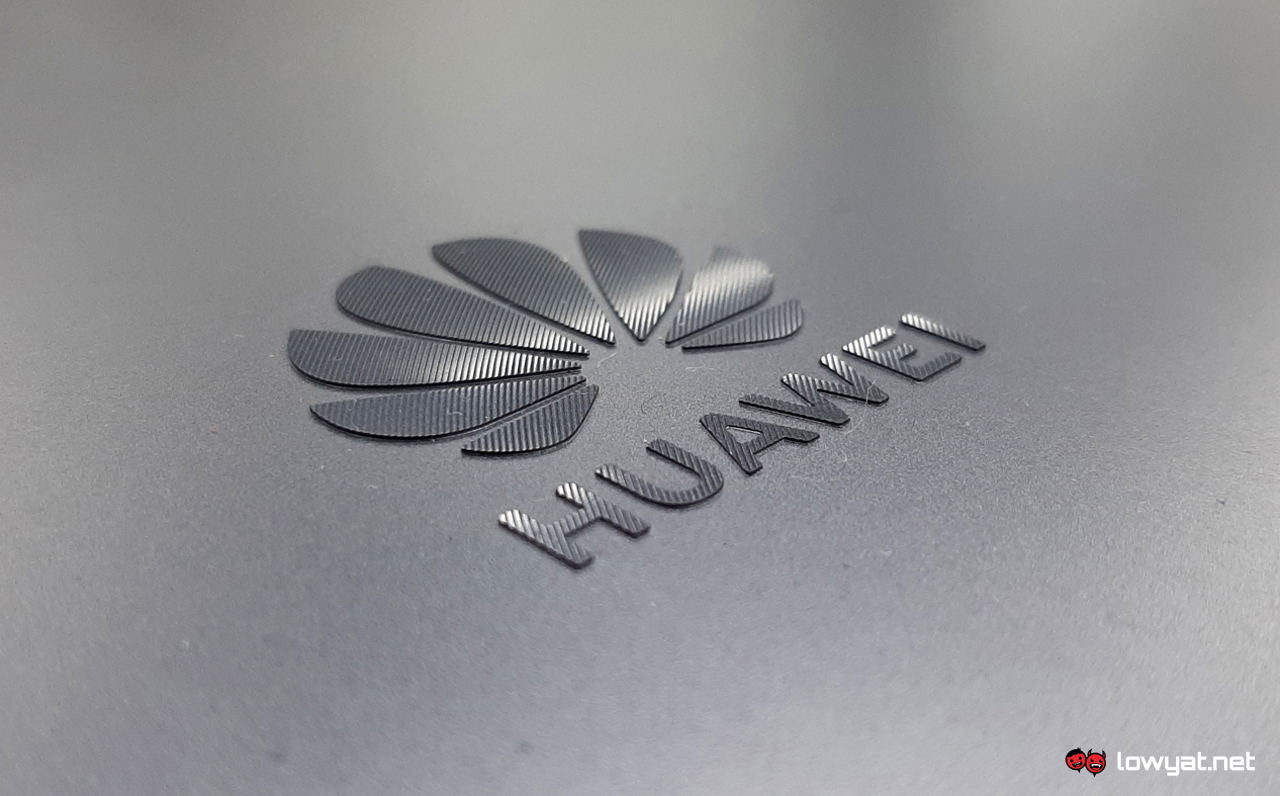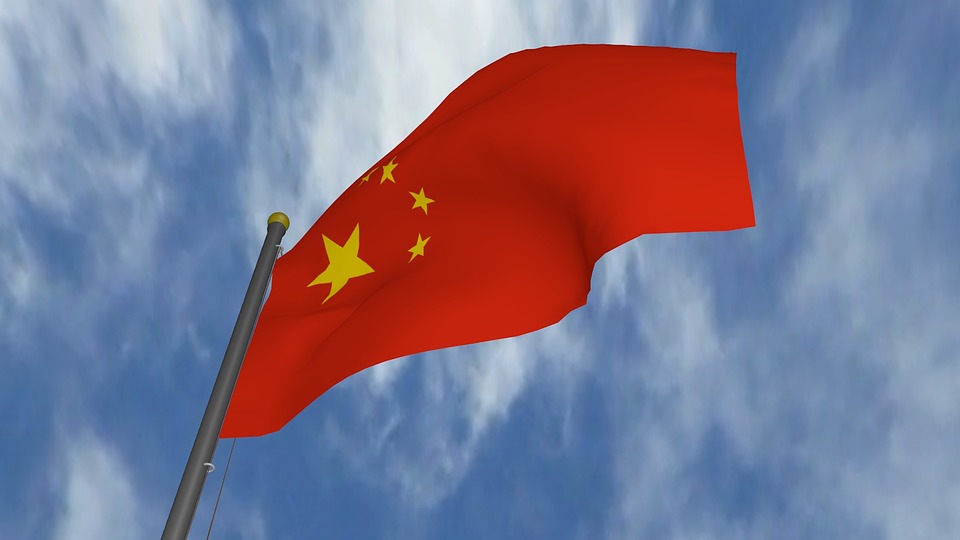According to a CNN exclusive report, investigations into Huawei can be traced back as far as 2017, the year that the Trump administration formally held office. At the time, the Chinese government had offered to build a large and ornate Chinese garden at the National Arboretum in the state of Washington. The project would have cost US$100 million (~RM446 million) and would come with temples, pavilions, as well as a 21.3-metre pagoda. And of course, Beijing would foot the entire bill and all the telecommunications hardware in that park would be supplied by none other than Huawei. While this planned project elated several officials in Washington, US counterintelligence soon discovered several red flags in Beijing’s generosity. Firstly, the location for the garden is situated at the highest point in the state. Second, it was located two miles from the US Capitol, meaning that it would have been a perfect spot for Beijing to conduct signals intelligence collection.
Perhaps the biggest red flag of the lot, though, was that Chinese officials wanted the pagoda to be built with materials shipped into the US through diplomatic “pouches”: packages that are protected from search and seizure through diplomatic immunity, and thus, could not be searched by US Customs. Needless to say, the US government quietly cancelled the garden project, but that itself opened up a floodgate of investigations by the FBI into Huawei and its participation into what the agency believes to be a “dramatic escalation” of Chinese espionage on US soil in the last decade. The fear of Huawei’s telecommunications hardware helping the Chinese government isn’t just limited to Washington either. Back in 2020, the Federal Communications Commission (FCC) officially banned all small telecoms from using equipment made by Huawei and other Chinese brands. That same year, US Congress approved US$1.9 billion (~RM8.47 billion) to be used in the removal of Huawei and ZTE-made mobile technology across several areas within rural America. That move, by the way, didn’t go down well with local carriers, some of whom had said that removing and replacing their Huawei-made equipment would have cost them more than the initial cost of purchasing said equipment. Worst, several of these carriers are still waiting for the promised federal reimbursement that it was promised for committing the act. It comes as no surprise that the Chinese government has strongly denied the FBI’s allegations, saying that it has made no efforts to spy on the US. Additionally, Huawei has also denied these claims, stating that all of its telecommunications equipment have to be vetted by the FCC before they can enter the US, and are therefore unable to operate at communications spectrums that are only available to the Defense Department. (Source: CNN)

